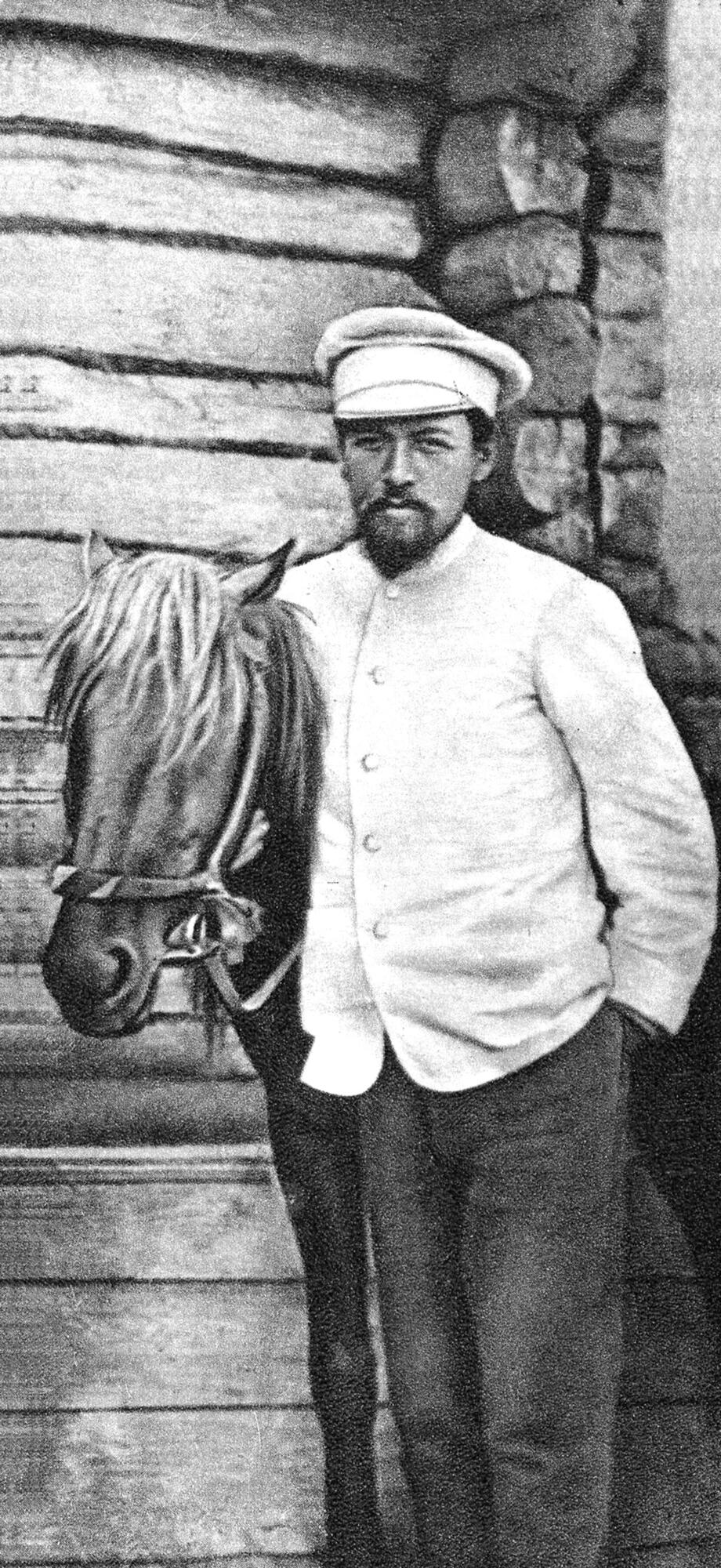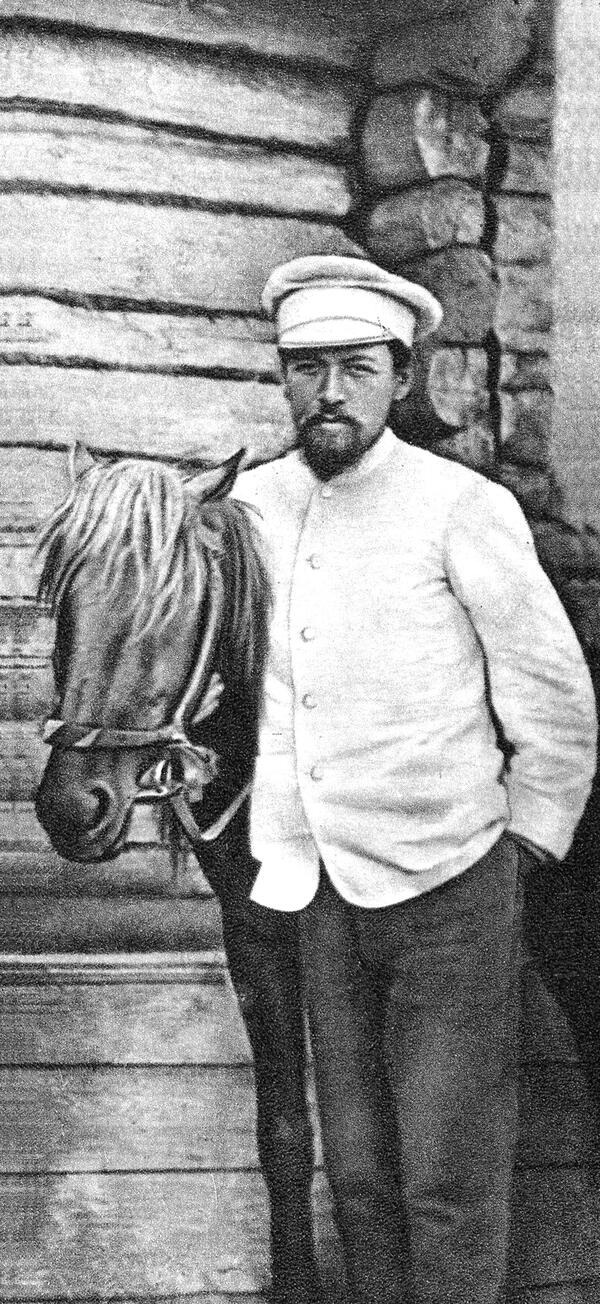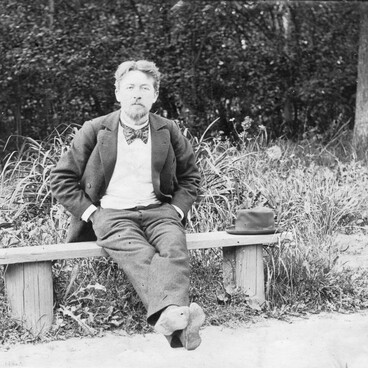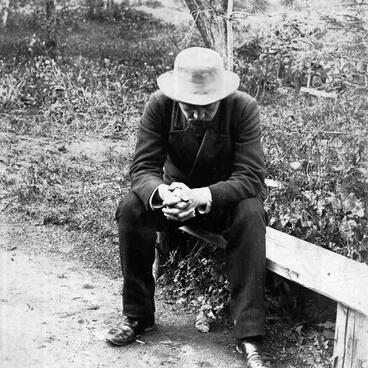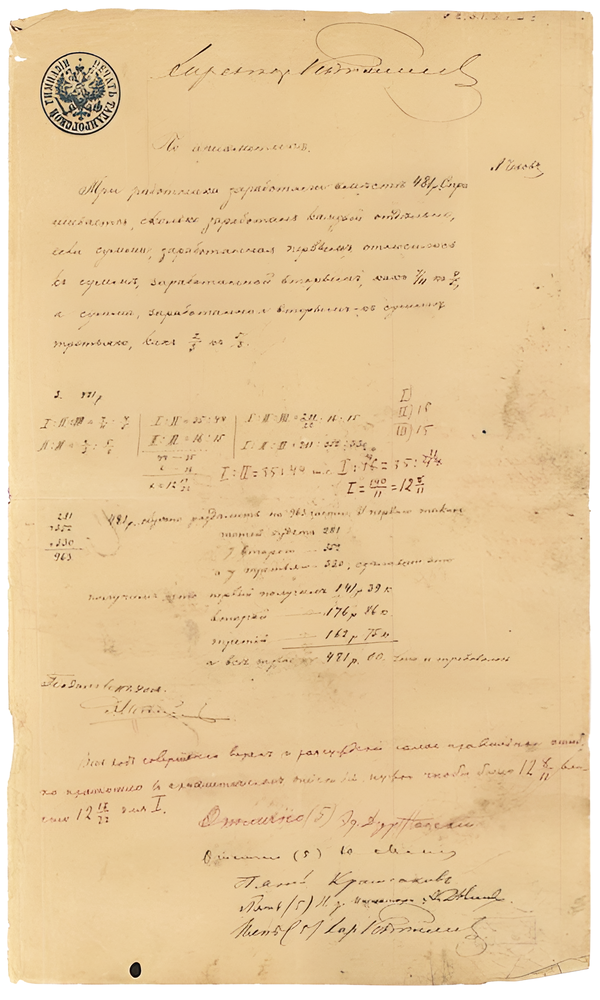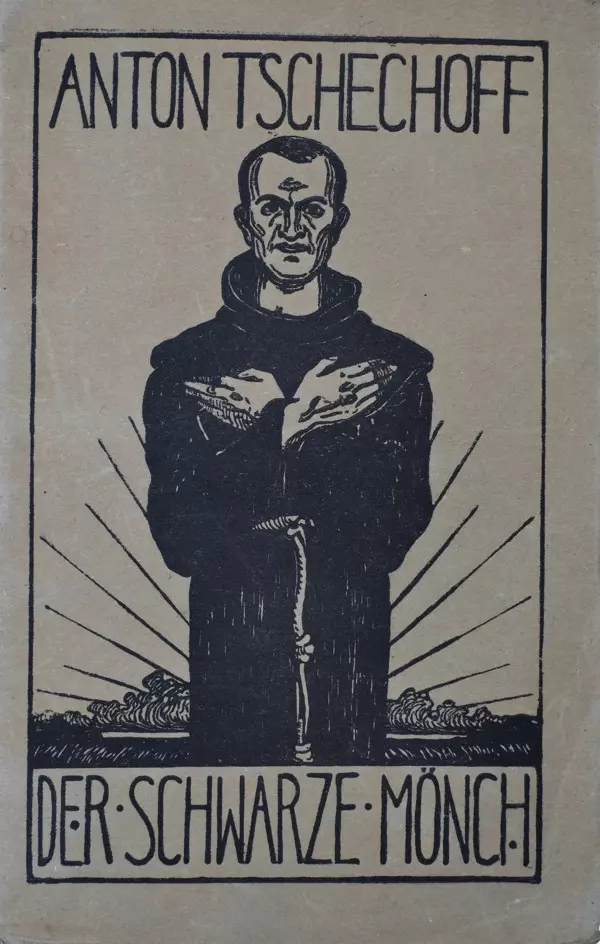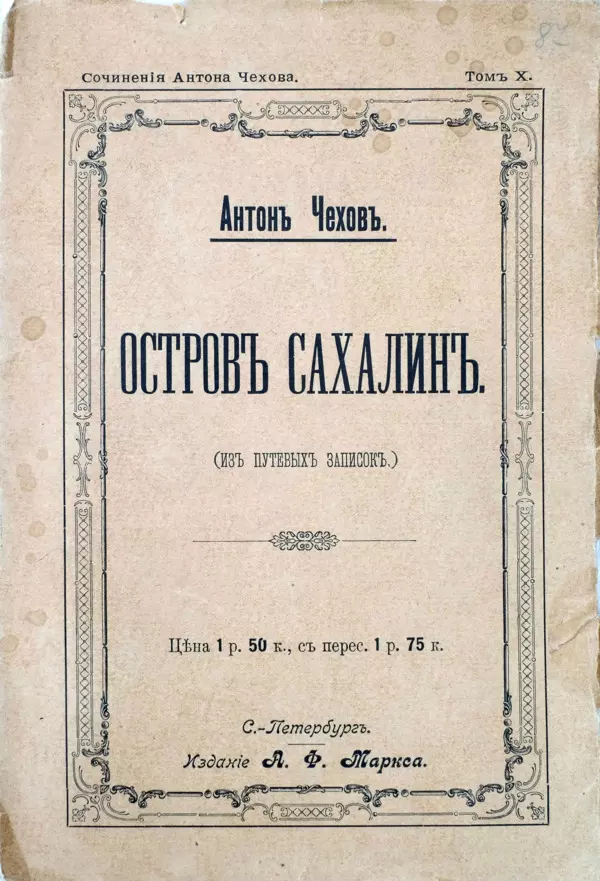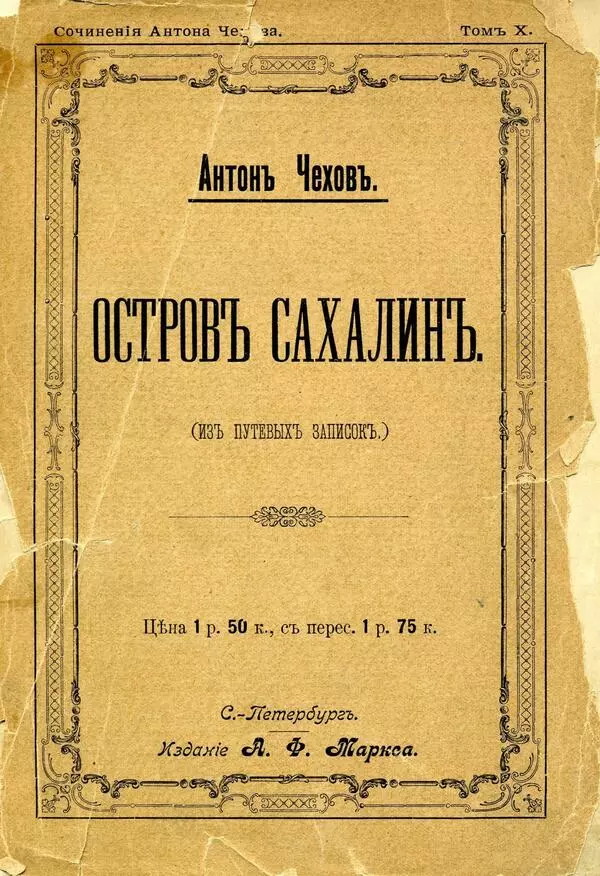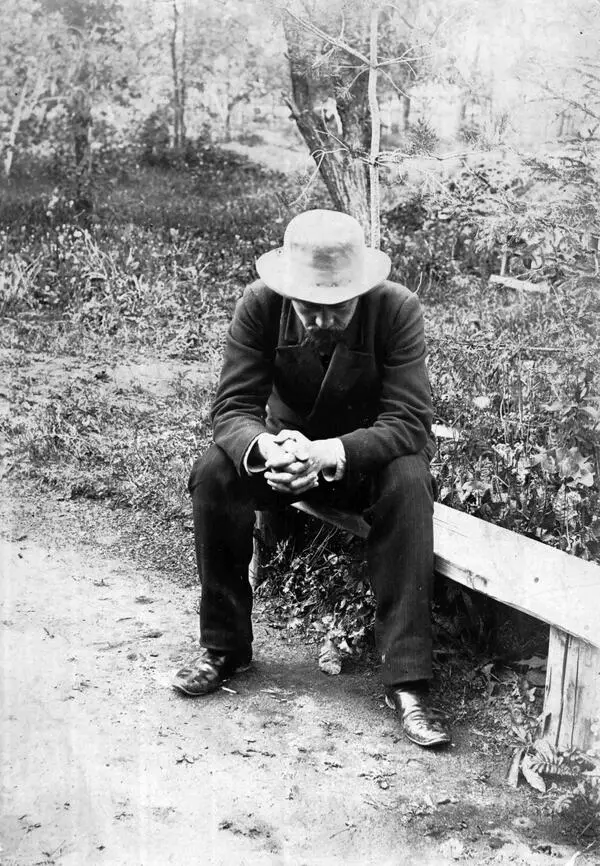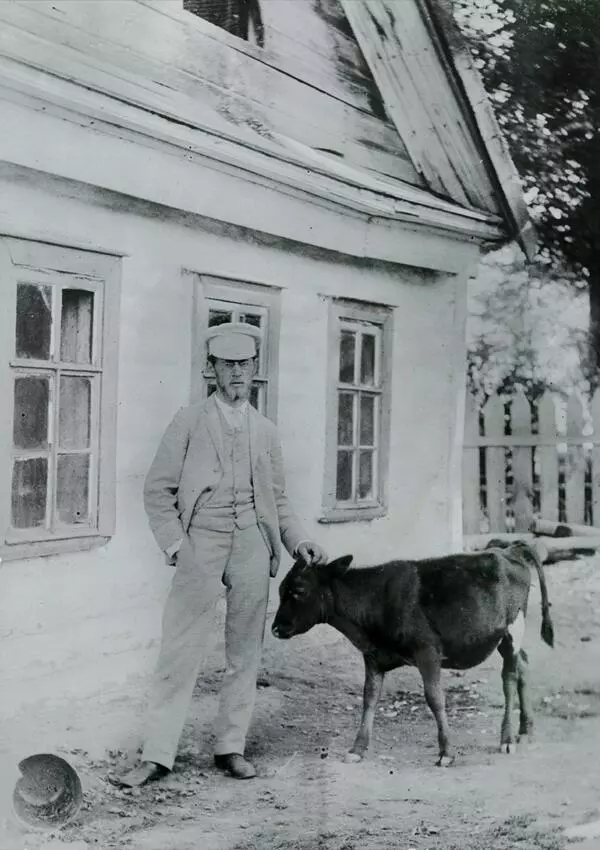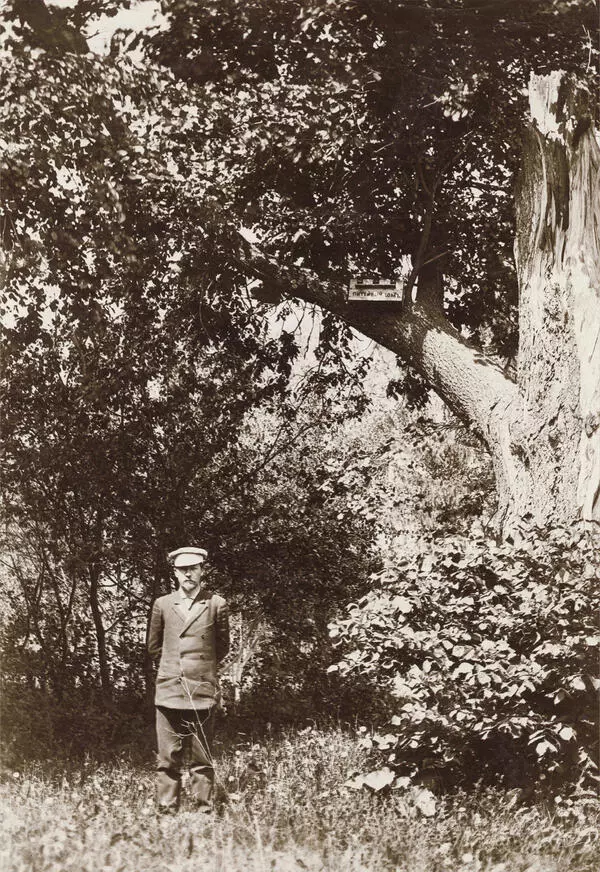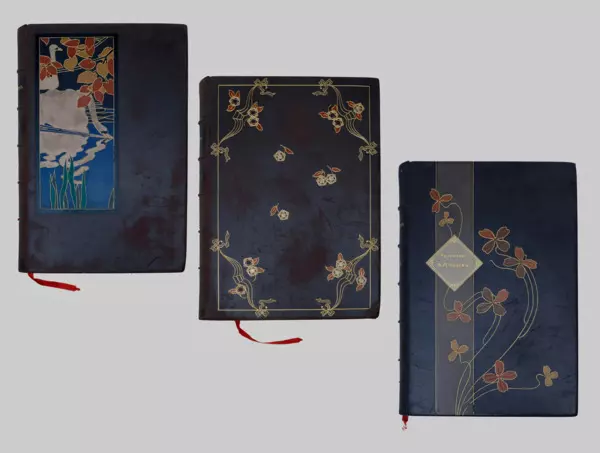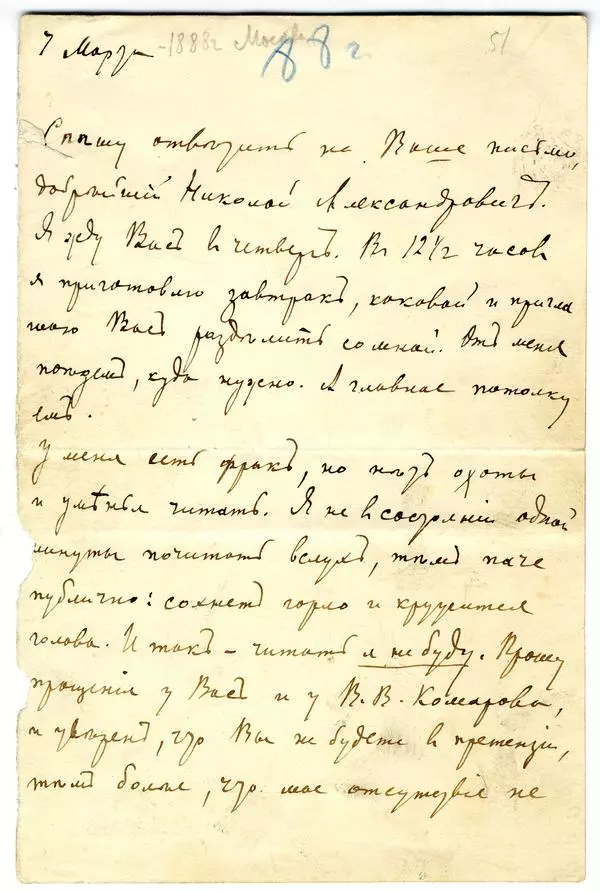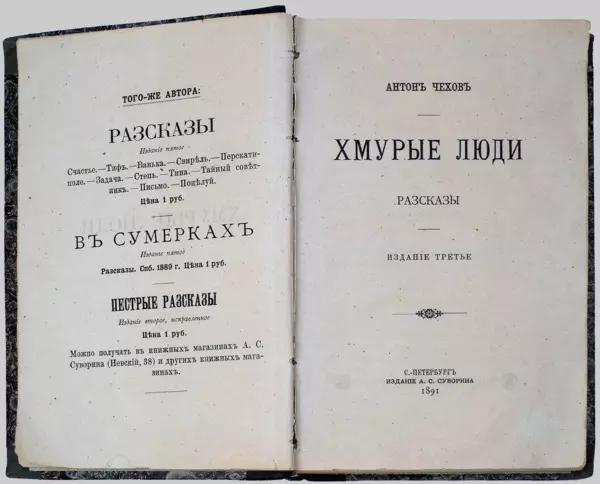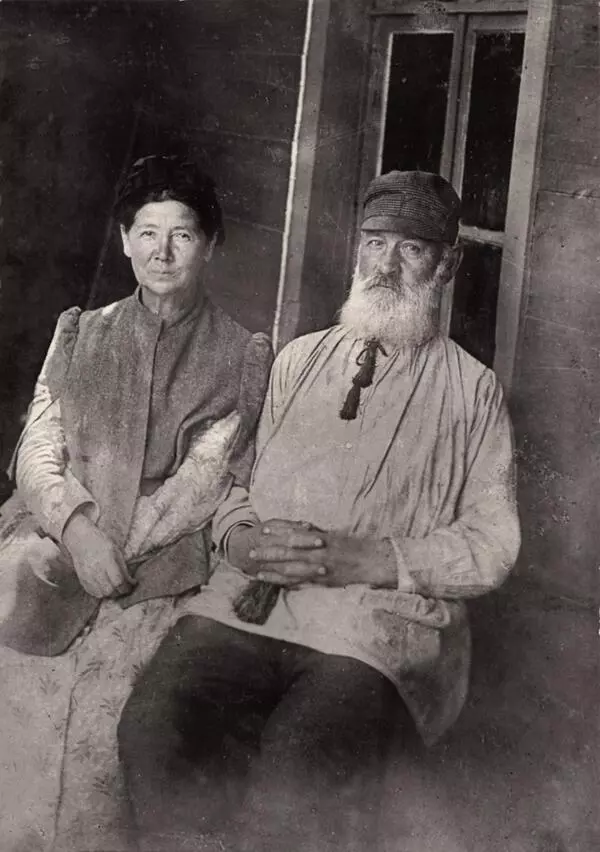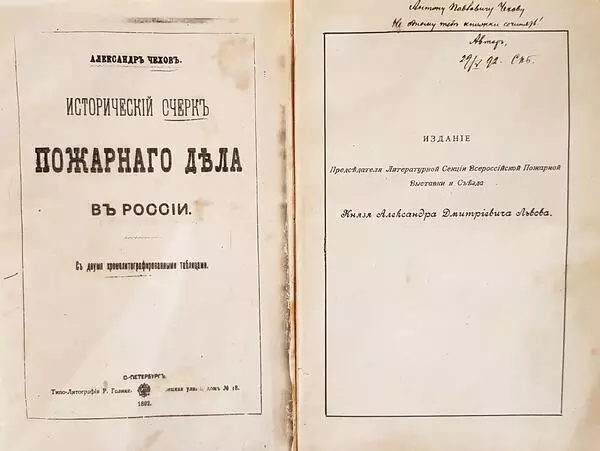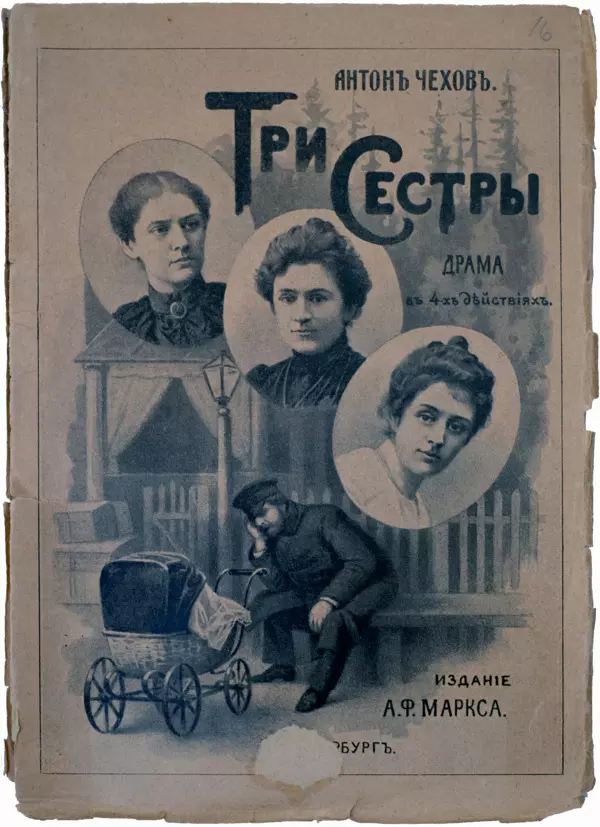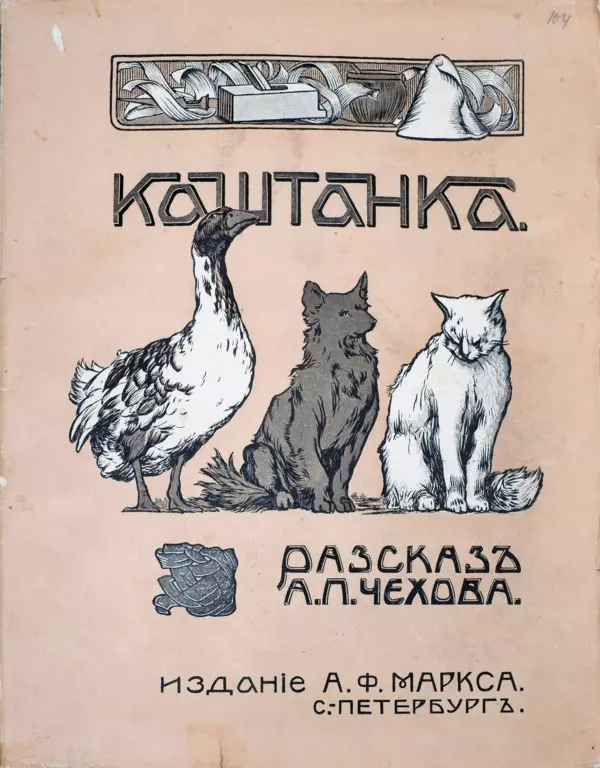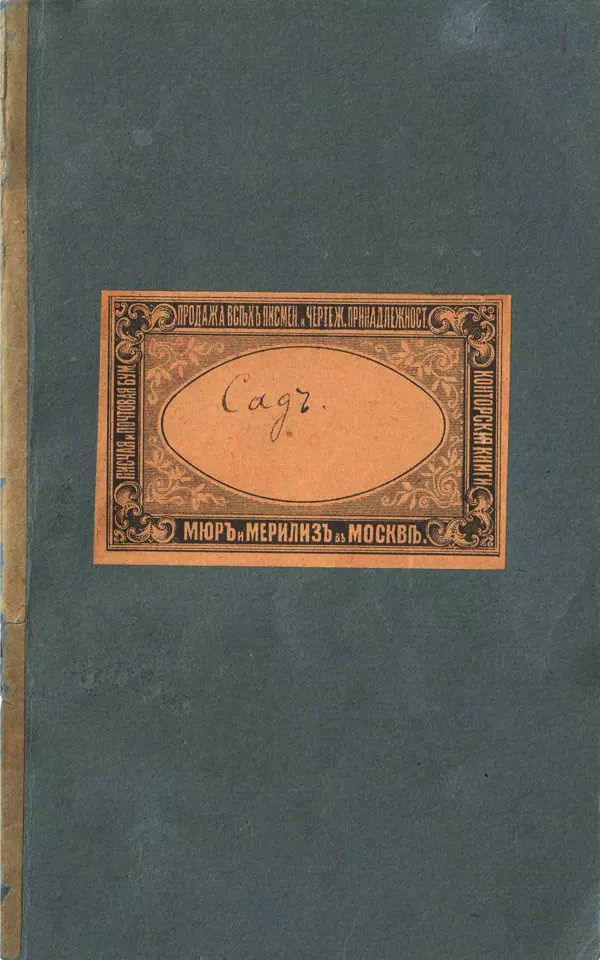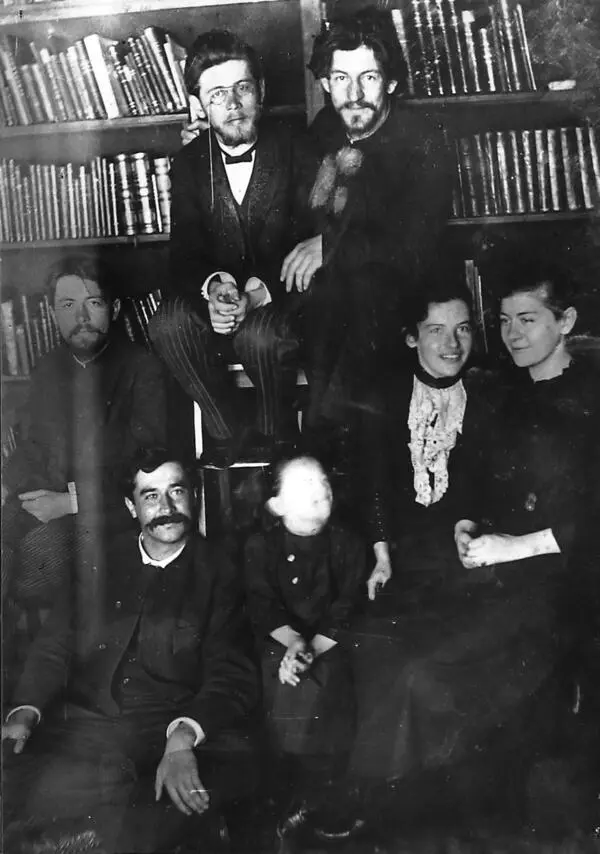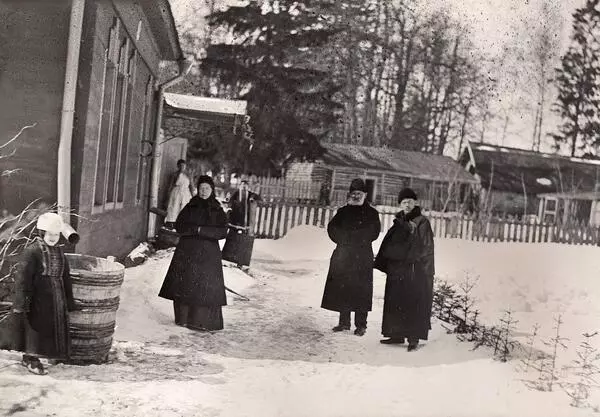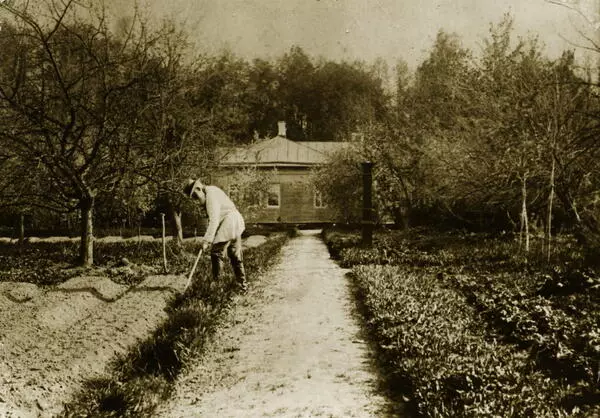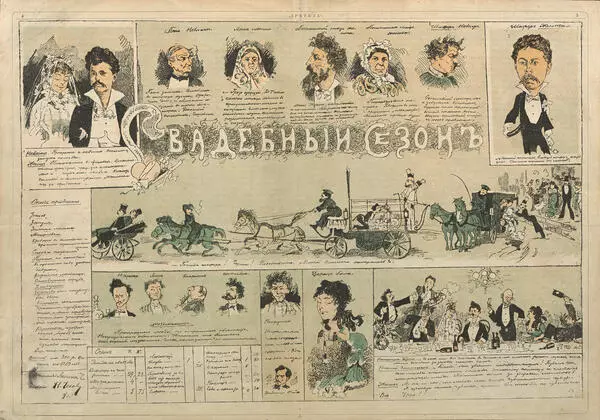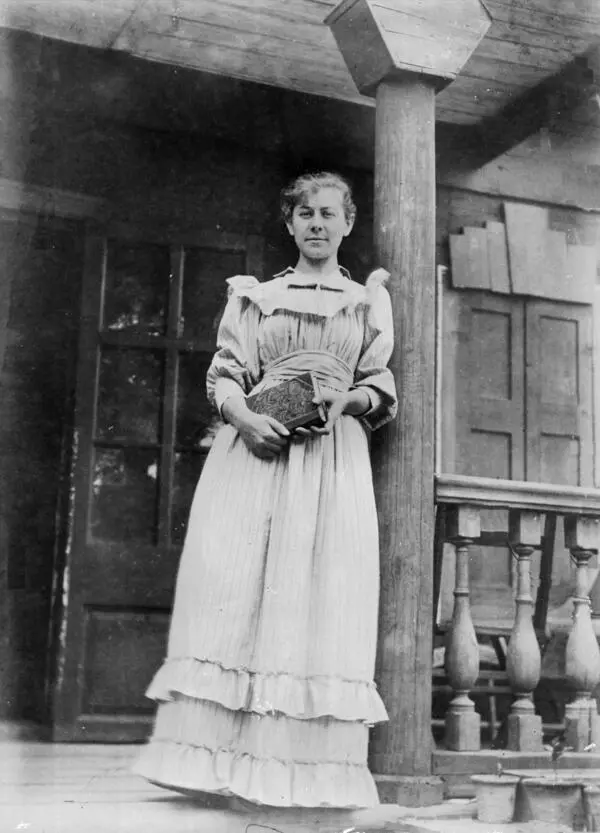From the very first days in Melikhovo Anton Chekhov had to travel frequently and far in order to visit patients in distant villages, to the Lopasnya station, and the district town of Serpukhov. In one of his letters Anton Pavlovich complained that of all the Serpukhov doctors he was the most unfortunate, because his horses and carriage were “lousy”.
Chekhov bought the estate in winter, when everything was covered with snow, and could not have known how bad the roads were there. During the muddy season, horses would wade on their bellies in slushy mud, and it sometimes took as long as two and a half hours to cover ten kilometers.
From the previous owner Chekhov got three horses: one would not go anywhere from the yard, another was swapped in the field with a half-dead gelding of the same color, and the third was already in a very advanced age, her name was Anna Petrovna.
Anna Petrovna helped out the family more than once in the early years of life in Melikhovo. During spring starvation, surviving only on chopped straw, the horse faithfully drove Anton Pavlovich to his surgery, ran to the station to pick up guests, hauled firewood and worked in the fields. When she died, a touching entry appeared in the diary of Pavel Yegorovich, the writer’s father:
Chekhov bought the estate in winter, when everything was covered with snow, and could not have known how bad the roads were there. During the muddy season, horses would wade on their bellies in slushy mud, and it sometimes took as long as two and a half hours to cover ten kilometers.
From the previous owner Chekhov got three horses: one would not go anywhere from the yard, another was swapped in the field with a half-dead gelding of the same color, and the third was already in a very advanced age, her name was Anna Petrovna.
Anna Petrovna helped out the family more than once in the early years of life in Melikhovo. During spring starvation, surviving only on chopped straw, the horse faithfully drove Anton Pavlovich to his surgery, ran to the station to pick up guests, hauled firewood and worked in the fields. When she died, a touching entry appeared in the diary of Pavel Yegorovich, the writer’s father:
